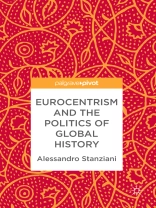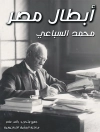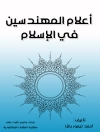Global history locates national histories in the context of broader processes, in which the West is not necessarily synonymous with progress. And yet it often suffers from the same Eurocentrism that plagues national history, accepting Western categories and values uncritically and largely ignoring non-English historiographies. Alessandro Stanziani examines these tensions and asks what global history is and ought to be. Drawing upon a wide array of sources, he historicizes global history writing from the sixteenth century onward, tracing the forces of revolution, globalization, totalitarianism, colonization, decolonization and the Cold War. By considering global history in the context of a longue durée, multipolar perspective, this book assesses the strengths and limits of the field, and clarifies what is at stake.
Table des matières
1. Why we need global history.- 2. Connected historiographies in expanding worlds, sixteenth and seventeenth centuries.- 3. Inventing modernity.- 4. The end of the old order: History, nationalisms and totalitarianism.- 5. Global history in the Cold War and decolonization.
A propos de l’auteur
Alessandro Stanziani is Professor of Global History at EHESS and Senior Researcher at CNRS, France.












